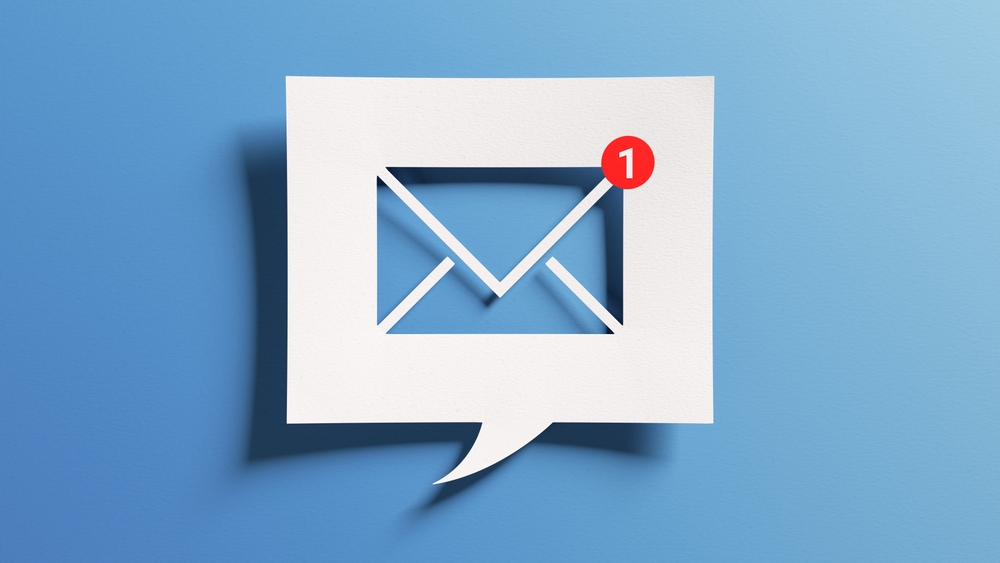Email encryption ensures that the content of an email message can only be read by authorized and specific recipients. It is a security measure that prevents the email from being accessed by unauthorized individuals.
Today, emails sent over the internet are vulnerable to various security threats. To prevent this and to protect sensitive information from being intercepted by third parties, email encryption plays a crucial role. Protection against these threats is made possible through encryption methods.
Email encryption transforms the content of a sent message using mathematical algorithms, making it readable only by recipients with the correct key. Unencrypted emails are vulnerable to cyber-attacks, data breaches, and identity theft. Therefore, email encryption is a critical step in ensuring the security of personal and business data.
What is Email Encryption and Why is it Necessary?
Email encryption is a security method used to conceal the content of email messages and ensure that they are only accessible to authorized individuals. Through encryption, only designated recipients can read the message, preventing third parties from accessing this information.
Email encryption is a security measure that protects the content of messages from threats such as being accessed by unauthorized individuals. This process, conducted during the transmission of data, aims to prevent the leakage of information by blocking third-party access.
In today’s digital communication environment, email encryption is of great importance. Emails sent over the internet have become susceptible to various cyber threats. Identity theft, malicious software, and data breaches are among the negative effects that have emerged with technological advancements. Companies are responsible for protecting the content of the emails they send and the information of their recipients. Therefore, it is crucial to implement important security measures. Email encryption helps protect sensitive information against these risks.
Email encryption is also important for complying with legal and regulatory requirements. Many sectors, from law to healthcare, finance to technology, may send emails containing sensitive information. Protecting this information and framing it within a certain data protection standard is important for both companies and their customers. Email encryption plays an essential and critical role in creating secure communication methods at both the individual and corporate levels.
What are the Types of Email Encryption?
Email encryption is carried out in two main types: symmetric and asymmetric encryption.
Symmetric encryption involves both the sender and the recipient using the same key to encrypt the email. It is encrypted and decrypted with the same key. This method is fast and effective, but the key must be shared securely.
Asymmetric encryption, on the other hand, is a different security method. In this method, each user has a pair of keys: a public key and a private key. The public key is used to encrypt the email, while the private key is held by the recipient alone. These keys are necessary to decrypt the message. This type of encryption is more secure because it eliminates the issue of key sharing. S/MIME (Secure/Multipurpose Internet Mail Extensions) and PGP (Pretty Good Privacy) are two widely known standards used for asymmetric encryption.
How is Email Encryption Done?
Email encryption is usually carried out through special software or tools provided by email clients. First, users need to have a pair of encryption keys. For S/MIME, a digital certificate provided by a certificate authority is often required. If PGP is being used, users need to generate their own key pairs.
The encryption settings are configured through the email client. The email to be sent is automatically encrypted. The recipient decrypts the message with their private key and can then read the content. This process occurs automatically in the background, without requiring manual intervention from the user. The recipient must also use a compatible email client or software.
What are the Legal Regulations Regarding Email Encryption?
Legal regulations regarding email encryption can vary from country to country. These differences may depend on the policies of the respective countries. Government policies aimed at increasing the protection of personal data and privacy are in force. For example, in the European Union, the General Data Protection Regulation (GDPR) enforces laws and policies that promote the protection of personal data. In the United States, laws such as the Health Insurance Portability and Accountability Act (HIPAA) and the Federal Information Security Management Act (FISMA) exist. These laws mandate security methods such as data encryption.
In Turkey, the Personal Data Protection Law (KVKK) similarly introduces various regulations to ensure the protection and privacy of personal information. These laws encourage and, in some cases, require businesses and individuals to use technologies like email encryption when they need to secure sensitive information. Complying with legal regulations is important for avoiding penalties and for enhancing customer trust.




